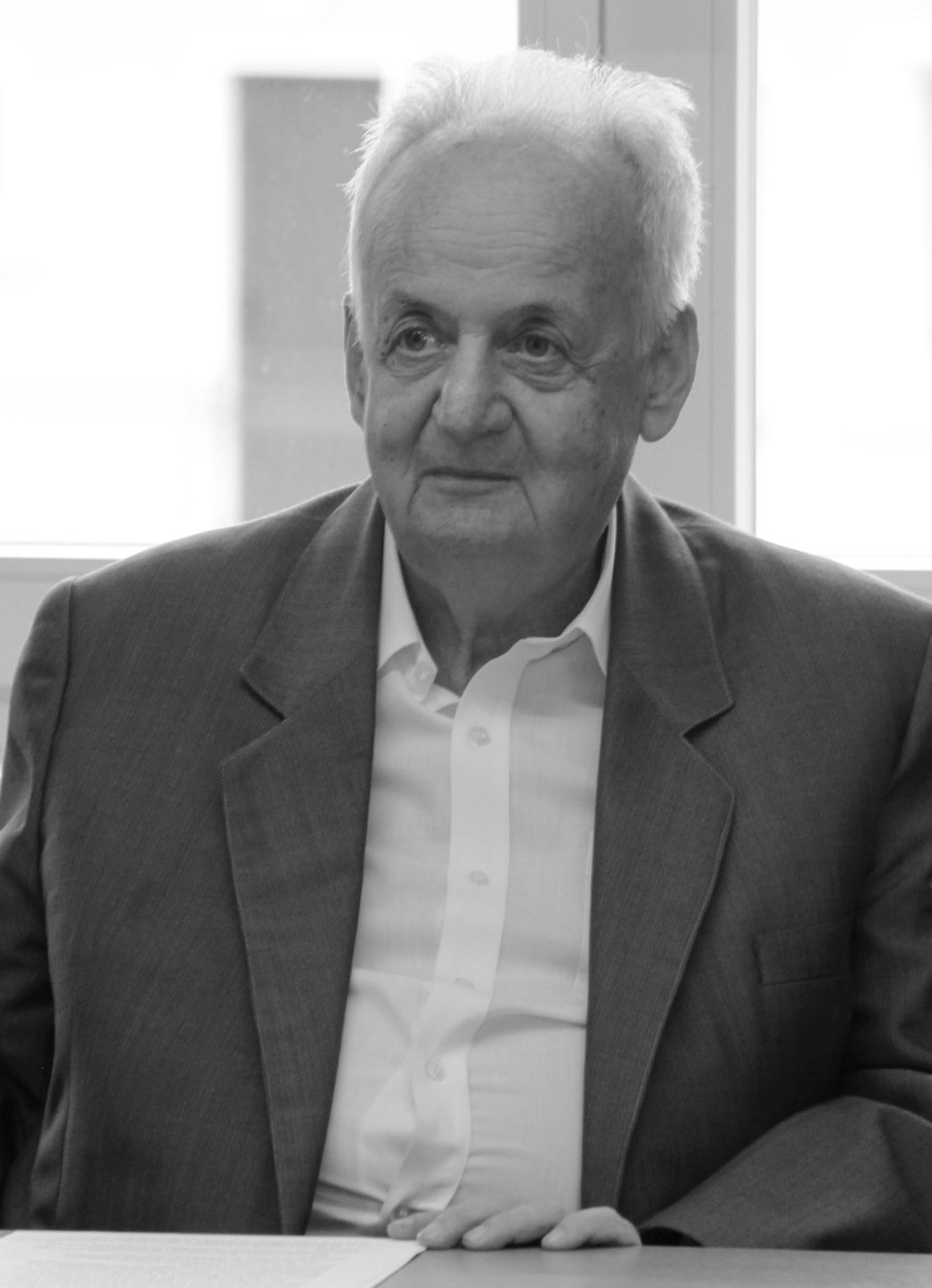
©Gedenkstätte Buchenwald
Ivan Ivanji was born in Zrenjanin (formerly Grossbetschkerek / Petrovgrad) in the Central Banat District of Serbia on 24 January 1929, the son of a doctor. From the beginning of the war until early 1944 he lived in Novi Sad with an uncle who was married to a German.
At the end of April 1944 he was arrested because of his Jewish origins and, by way of camps in Subotica and Baja, was deported to Auschwitz, where he arrived on 27 May 1944. From there he was transferred to Buchenwald in June 1944, then to the Magdeburg subcamp, in October 1944 to the Niederorschel subcamp, and on 18 February 1945 to Langenstein-Zwieberge near Halberstadt.
Before Ivan Ivanji returned to Yugoslavia in September 1945, he was in an assembly camp where he came into close contact with Tito supporters. From 1945 to 1948 he attended the polytechnic grammar school in Novi Sad; subsequently he taught at the polytechnic grammar school in Belgrade. He published poems, acted as secretary to the Yugoslav writers’ association, and as editor of the youth newspaper Omladina in Belgrade. In 1956 he was a co-founder and then an editor of the weekly newspaper Mladost. Ivanji advocated open, pluralistic cultural policies, and in 1956 criticized the Soviet invasion of Hungary. From the early fifties onward he worked as an interpreter for the Yugoslav government and for Josip Broz Tito. From 1969 to 1974 he served as general director of the Yugoslav national theatre, and from 1974 to 1978 as an adviser on culture and the press at the Yugoslav embassy in Bonn. In 1975 he participated in the conference for the founding of the CSCE in Helsinki in the capacity of interpreter. He was an "independent consultant" to the foreign ministry in Belgrade from 1978 to 1981. In 1979 he participated in the summit conference of the non-aligned states in Havana. He served as the secretary general of the Yugoslav writers’ association from 1982 to 1988.
Numerous novels, short stories, plays and essays by Ivanji were published in Serbian and German. He translated Günther Grass, Bertolt Brecht, Max Frisch, Heinrich Böll and others into Serbian. Ivan Ivanji and his wife have been living in Vienna and Belgrade since 1992.


